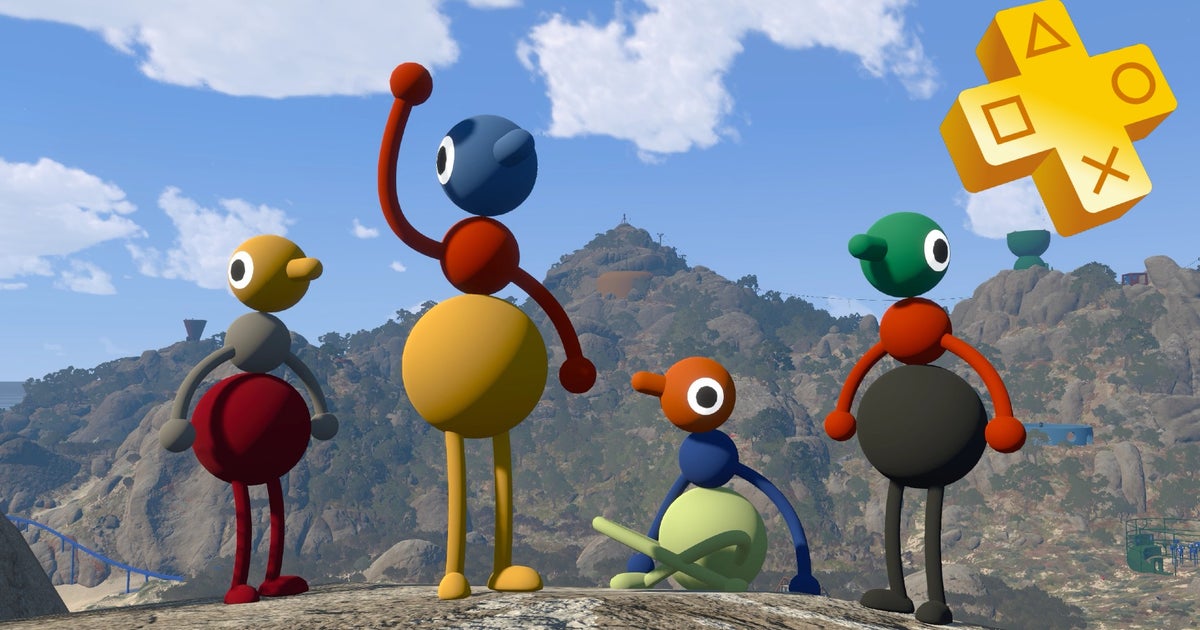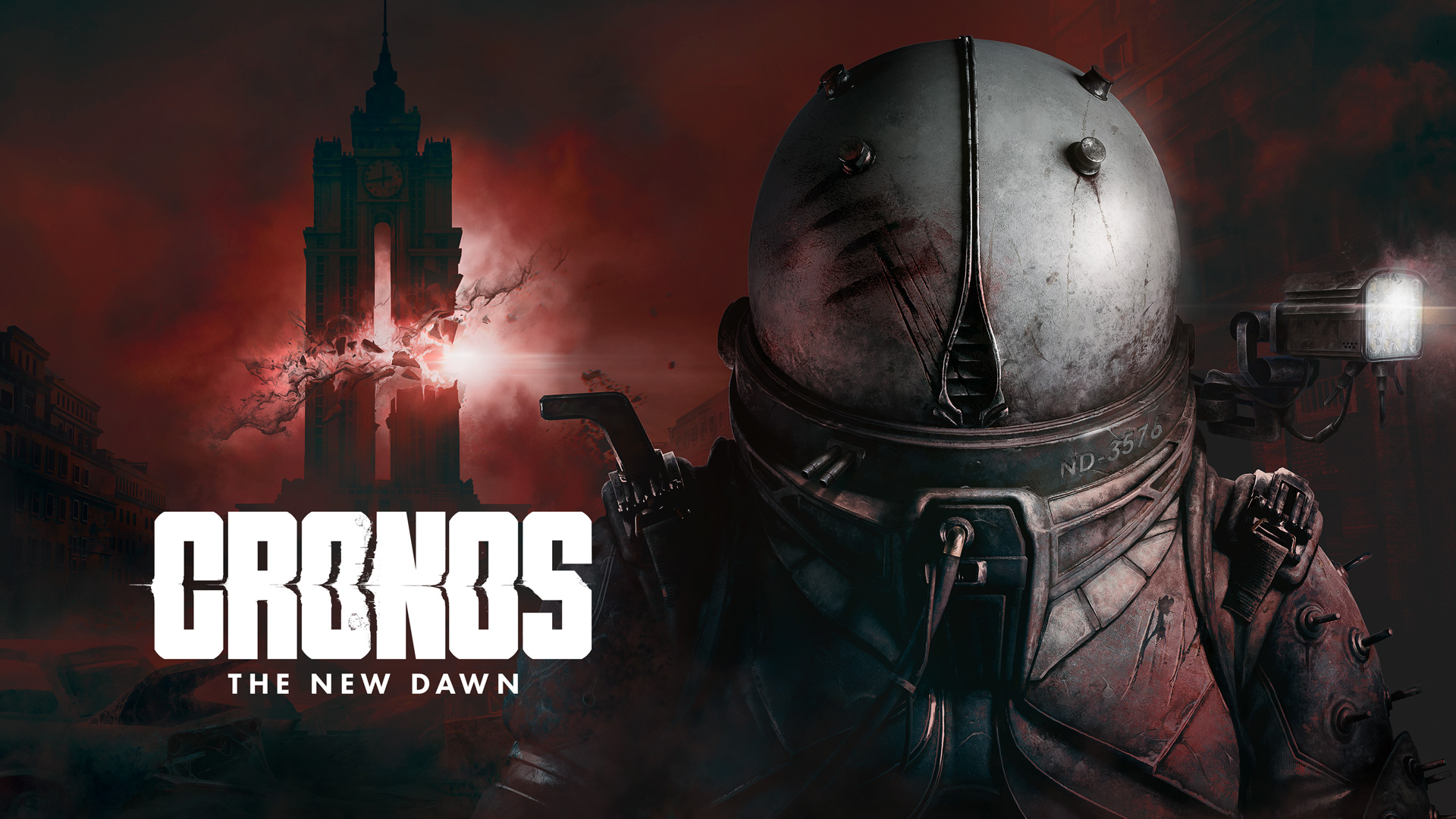Thousand Hells turns the underworld into a tactical playground, blending procedural heists with myth-soaked storytelling and nightmarishly striking art. Imagine assembling a crew of flawed heroes, each with clashing personalities and hidden fears, then steering them through the labyrinths of the afterlife where choices, not just dice, decide your fate. It’s a game about brains over brawn, consequences that stick, and a visual identity that looks like a lost folio from a feverish medieval painter.
Picture this: four mortals with questionable life choices punch their ticket to the underworld, not to repent, but to pull jobs that defy cosmic order. Thousand Hells is a tactical RPG that wears its love of procedural narrative proudly. Every run mixes mythic motifs with caper energy, inviting you to plan, infiltrate, improvise, and escape across a patchwork of hells stitched together from ancient lore. The underworld isn’t just a backdrop; it’s a character with a thousand moods, from frostbitten Norse depths to desert-lashed gates, all seen through a fantastic lens that evokes the surreal, crowded, and unsettling.
What sets Thousand Hells apart is how it treats your party as more than an action economy. Your crew is procedurally generated with personalities, desires, and fears that meaningfully change how encounters unfold. These aren’t stat blocks; they’re narrative levers. A cautious trickster might open a new route through a haunted archive, while a brash champion could push a conversation into a duel you never intended. Traits unlock options, and outcomes reshape those traits in turn. Over time, your bard might swap optimism for cynicism, or your locksmith could gain a ghostly reputation that opens doors and closes others.
The heists themselves are built like narrative machines. You’ll choose a target, scout the terrain, weigh approaches, then react to complications as the hells push back. One job might start as a quiet extraction of a cursed ledger and spiral into negotiating with a council of river spirits. Another might tempt you with a vault of relics guarded by living murals that devour memory. Combat is possible, but it’s rarely the smartest path. A silver-tongued performer might quell a mob before it turns ugly. A scholar of the abyss could decode a possessed codex without lighting the room on fire. When things do go loud, expect injuries and scars that persist, reshaping your team far beyond a simple health bar.
A delightful twist is how roles overlap. Thousand Hells doesn’t pigeonhole you into one optimal squad. Instead, you assemble a spectrum of problem-solvers. The mastermind archetypes—think planners who tilt the flow of events—lend distinct planning phases: some emphasize contingency, others thrive on risk. An improviser might accept a high-volatility route that can cascade into windfalls or disasters. A meticulous strategist could burn time and resources to reduce uncertainty. Neither is “right”; both carve different stories through the underworld.
The art direction is destined to stick in your brain. Expect macabre landscapes that feel both scholarly and hallucinatory. It’s the kind of visual storytelling where a single panel can convey a dozen sins and a handful of temptations, and where enemies look less like monsters and more like allegories that escaped a monastery’s margins. Details pop everywhere: a procession of skeletal magistrates, a choir of clay idols, and banquet halls where the tapestries watch you back. That visual language isn’t just aesthetic—it informs mood, implies danger, and hints at hidden paths if you’re paying attention.
Choices carry weight. Fail a delicate negotiation and your diplomat gains a reputation for bluster; succeed and doors open later where you least expect it. Take a risky shortcut now and you might be limping through the next trial with a fractured arm or a shaken resolve. Thousand Hells tracks those ripples across runs, so no playthrough feels like you’re rerunning a script. The underworld learns who you are, and your crew evolves not merely stronger but stranger.
A few design pillars stand out:
- Story-first resolution: Encounters are framed as branching narratives that tap your crew’s traits rather than relying solely on raw RNG.
- Friction and synergy: Personalities can clash at the worst time, but clever players can turn disagreements into opportunities.
- Dynamic consequences: Success and failure reconfigure your toolkit, changing what you can attempt next.
- Mythic remixing: Proto-myths, Norse chill, and Mesopotamian gloom mash up into fresh biomes, factions, and riddles.
Planning a job becomes a mini-arc. You’ll map routes, assign roles, and stock your limited loadout. Do you bring a mediator who can soothe unrest, or a ritualist who can bind unquiet relics? Is it worth hiring a dubious guide with a key to the back corridors of a fortress of judges? Every choice is a bet against the underworld’s appetite, and the payoffs are sweet: forbidden knowledge, favors owed by infernal bureaucrats, or passage to deeper layers where the real prizes glimmer.
Despite the heavy themes, Thousand Hells doesn’t wallow in grimness. It finds humor in the absurd and humanity in the damned. Banter lightens the load, and the game revels in the tall-tale vibe of mythic heists: slippery deals with whispering idols, rope bridges woven from oath-strings, and the moment your stealth specialist bluffs a demon librarian with a forged citation from a nonexistent volume. Those stories are the true loot—memorable beats you recount after a run, the near-misses and audacious saves that turn into legend.
If you’re the sort of player who enjoys:
- Tactical RPGs where positioning matters but persuasion can trump violence,
- Systems that remix themselves across playthroughs,
- Party dynamics where personalities are as important as skills,
- Strange, painterly worlds that reward a long stare,
then Thousand Hells has your name etched on an obsidian ledger. It invites experimentation, celebrates failure as narrative fuel, and makes every decision feel like a step deeper into a living myth.
The underworld is open for business. Just remember: in Thousand Hells, the greatest treasure isn’t gold or glory. It’s the moment you realize your mismatched crew has become a family of rogues, stitched together by shared scars, bad jokes, and one impossible job after another.

